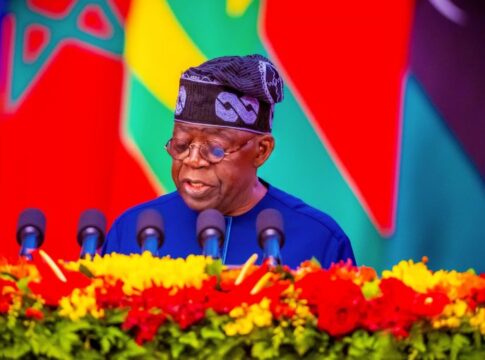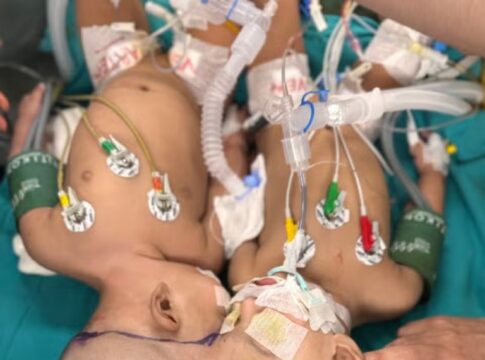The fragile balance of power in the Middle East hangs precariously in the balance as Lebanon’s Hezbollah militant group reels from a devastating series of explosions that have left dozens dead and hundreds injured.
According to reports from Beirut, a second wave of blasts ripped through Hezbollah strongholds across Lebanon, killing 20 people and wounding over 450 others. The attacks, blamed on Israel, have sparked widespread outrage and fears of an all-out war between the two nations.
Hezbollah’s leader, Hassan Nasrallah, is under mounting pressure to respond to the bombings, which have targeted the group’s communication networks. The walkie-talkies used by Hezbollah members exploded, causing widespread destruction and chaos.
READ MORE: Donald Trump Faces Another Failed Assassination Attempt
Lebanon’s Health Ministry described the situation as catastrophic, with hospitals overwhelmed by the influx of casualties. Medical personnel reported horrific injuries, including eye damage, hand injuries, and shrapnel wounds.
The international community is scrambling to intervene, with senior diplomats from the United States, Britain, Germany, France, and Italy set to meet in Paris to discuss the crisis. US Secretary of State Antony Blinken will join the emergency talks, following discussions in Cairo on a potential Gaza war truce.
The White House has urged restraint, warning that further escalation would have disastrous consequences. “We don’t believe that additional military operations are the solution to this crisis,” said US National Security Council spokesman John Kirby.
As tensions escalate, Lebanon’s Foreign Minister Abdallah Bou Habib warned of a “wider war” looming on the horizon. Hezbollah has vowed revenge, while Iran, its key backer, reserved the right to retaliate.
The blasts have dealt a significant blow to Hezbollah, already reeling from targeted strikes that killed several top commanders.
Analysts suggest the attacks may have been orchestrated by operatives who infiltrated Hezbollah’s communication networks.
With the region teetering on the brink of chaos, international leaders must act swiftly to prevent a catastrophic conflict.




